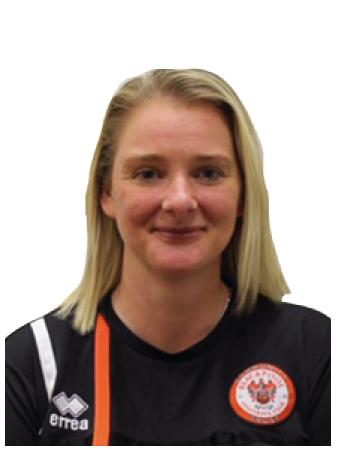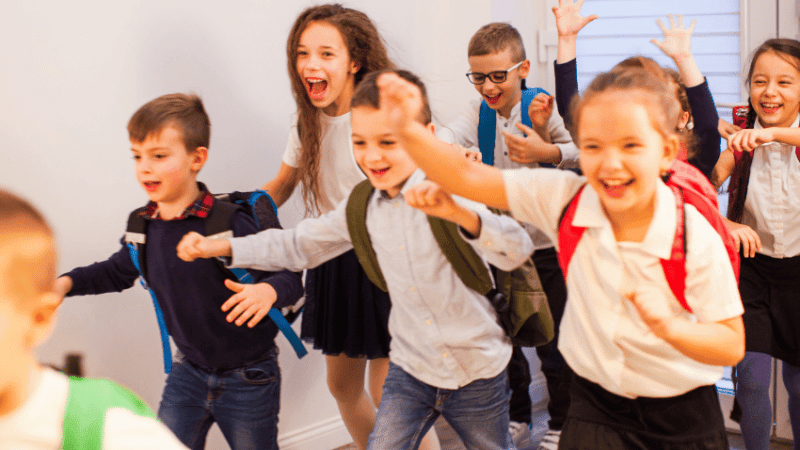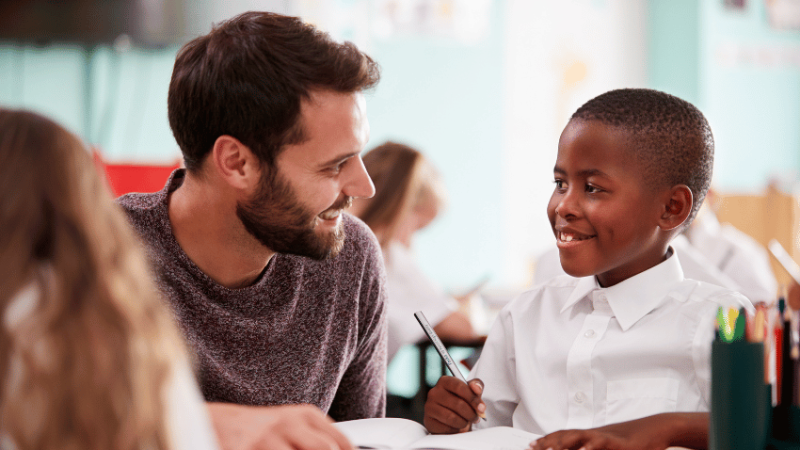Use relatable fiction in PSHE to help children’s understanding of themselves and literature

Using relatable fiction as a springboard for PSHE teaching can lead to children understanding both themselves and literature more deeply, says Jen Crofts…

- by Jen Crofts

Blackpool FC Community Trust has long enjoyed a working relationship with Dan Freedman. So, when he announced the release of his latest book, Unstoppable, we were very keen to work closely with him to produce a new PSHE scheme of work for local Blackpool primary schools.
As one of the physical education officers for the Community Trust, I was given the task of writing and delivering this.
The Year 6 class chosen as the first to participate in the new Unstoppable PSHE programme at Westminster Academy in Blackpool was made up of a varied demographic, and the school itself is in one of the most deprived areas of Blackpool.
These reasons contributed to the class being chosen for the trial. And it was at Westminster Academy where I met Kyle.
A matter of opinion
Kyle is an 11-year-old boy, a dominant member of the class, described by his teacher Miss Moore as a ‘typical class clown’.
Kyle would frequently play up in order to get a laugh out of the class, which in turn led to his removal. He would then be sent to the Focus Room, where students have a time-out session with members of senior management.
Kyle was the first to admit that he was spending far too much time in there but couldn’t explain the reasons he kept getting removed from class.
“I just get bored and can’t help myself,” was the response he gave when questioned about his removal. Kyle also struggled academically and very rarely recorded his ideas through written work.
From my very first encounter with Kyle, I was able to form a bond of mutual respect and understanding. He had previously struggled to explain his feelings and give his opinion.
When questioned later as to why he enjoyed the PSHE lessons so much, he replied, “I’m allowed to give my opinion, and nobody can say I’m wrong because that’s my opinion”.
This is something that I reiterated throughout the lessons – there were no right or wrong answers. We were always respectful of others’ ideas and thoughts.
Family dynamics
The first lesson looked at family dynamics, a topic which some of the children found extremely hard. Many of them had experienced separation, with a parent or siblings living in different houses.
We used Unstoppable to look at the relationships between the Campbells (the main family in the book) in the first instance. We talked about how, although at times they didn’t like each other, it was still clear they loved each other.
We also discussed the need to celebrate our differences, as well as our similarities.
The children were then asked to produce a collage of their own families. In the beginning, Kyle was reluctant – he has many siblings and was convinced they didn’t have anything in common.
However, after some discussion he realised that they enjoyed watching the football together and going to the cinema to see a film. He recognised that these events didn’t happen too often, but when they did, they were special.
He could relate to Kaine Campbell’s dislike of his sister, and how he thought they had nothing in common with each other – yet that didn’t mean that they weren’t still a family. Kyle realised he needed to take more of an interest into his sister’s life.
Positive attention
As the weeks progressed, Kyle became more confident and very insightful, answering questions in a way neither his teacher nor I had thought of. His classmates noticed a difference in Kyle also, with one of them making a fleeting comment: “Kyle is always answering in these lessons, he’s normally been sent out by now.”
For once, Kyle was getting attention for the right reasons, and the change in him was amazing; his behaviour was exemplary and his contribution to the class was more than he’d made all year.
In one instance, when a fellow student was starting to distract him, he stood up and moved himself away in order to continue his work.
Throughout the scheme of work, there were several tough subjects and issues tackled: appropriate adult relationships, a five-step behaviour model, a three-step process to tackle difficult situations, good and bad secrets, fair and unfair behaviour and family dynamics.
For each lesson, the structure was very similar; we would first discuss the topic using the characters and situations from the book before moving on to consider the issues raised in the context of the children’s real-life setting.
This made the learners feel safe and comfortable, as they were almost ‘hiding behind’ the characters at first, before having to talk about themselves.
The end part of a session would look at signposting ways of dealing with any issues that came up. For example, what to do and whom to talk to if you felt you were getting involved in an inappropriate relationship with an adult.
Deeper insight
As Miss Moore, Kyle’s class teacher, said, “The issues in the book are very current and relevant. The sessions have worked really well, and the children are all excited as it covers age appropriate issues.
Being able to discuss those issues in a non-pressure situation has made them feel really comfortable.”
An example of this was seen when we used the five-step model to recognise thoughts, feelings, behaviours and physical responses to a situation.
The students were given different scenarios from the book, for example, Kaine dealing with the death of his grandmother, and were asked to fill in the five-step template provided.
We discussed the different scenarios as a class so that the children felt comfortable with the model.
We then asked the children to choose a situation from their own lives and again, to fill in the template. I always made it clear that nobody would be made to share anything they weren’t comfortable with.
Kyle shared with the class his thoughts and feelings on moving up into high school, a topic that was very relevant to the rest of the class – he was insightful on how he might feel, and how he planned on coping with the huge change in his life.
With him sharing his thoughts it encouraged others to contribute to the discussion. This was often the case in the sessions. Once one of the students, (typically Kyle) started to open up about real-life personal issues, the rest of the class would follow.
The children have benefited greatly from the sessions, with some even being signposted for further support. Using a book like Unstoppable has been a great tool for the sessions, as the children are able to relate to the characters on a deeper level and it aids the discussion of tough issues.
Free resources!
To coincide with the publication of the paperback of Unstoppable by Dan Freedman in Spring 2020 (David Fickling Books, £7.99) Brenda Heathcote has created a set of teacher resources.
These can be used across the curriculum, and the aim is to encourage young people to think and talk about the issues raised, to react to the characters, to enjoy and reflect upon the story.
To request a copy of the resources in advance of publication and be in with a chance to win one of 5 signed copies of the hardback edition of Unstoppable contact: pr@davidficklingbooks.com
(All emails will be entered into a draw to receive a signed copy of Unstoppable; for full terms and conditions, including David Fickling Books’ privacy policy, see thephoenixcomic.co.uk/terms-and-conditions)
Jen Crofts is a physical education officer for Blackpool FC Community Trust, with 13 years’ teaching experience.







